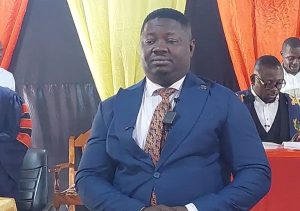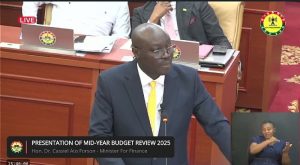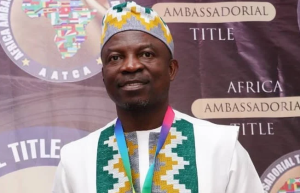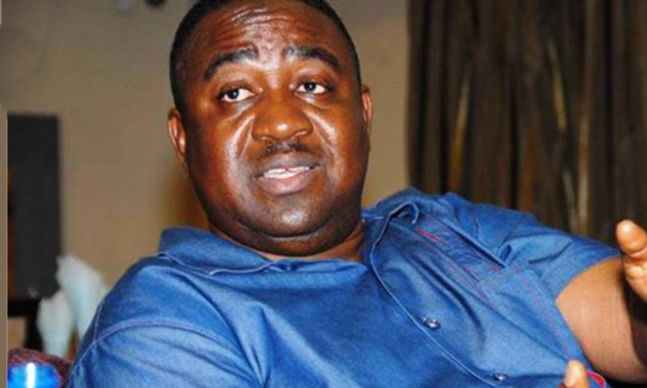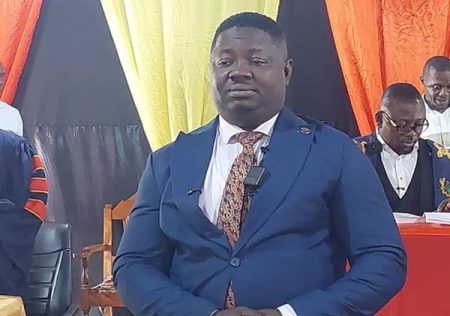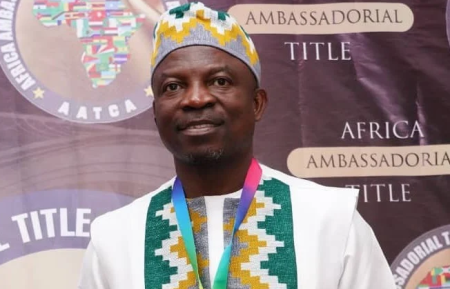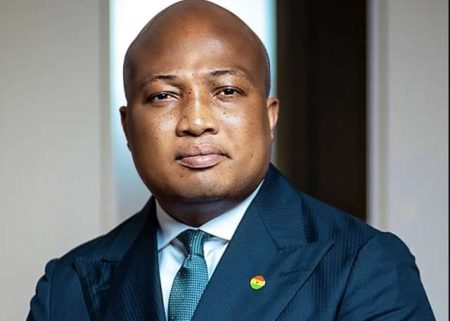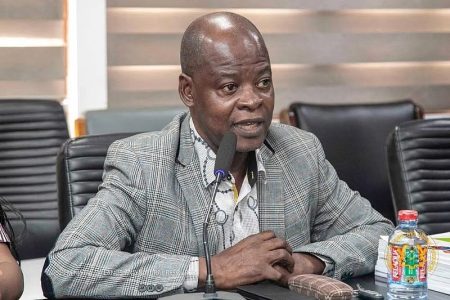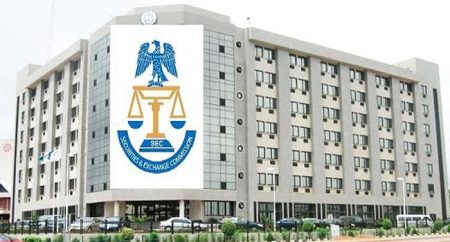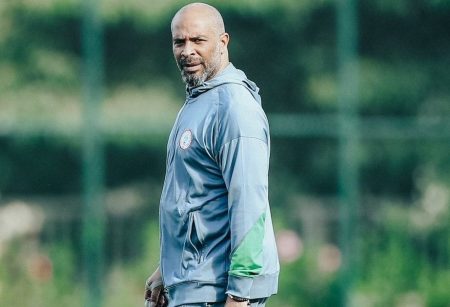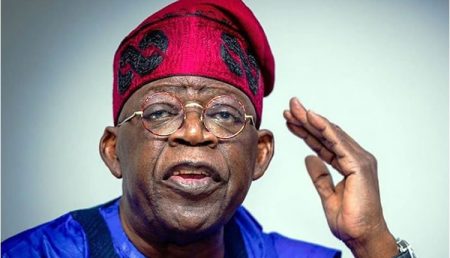The Federal High Court in Abuja, presided over by Justice Peter Lifu, has dealt a significant blow to the legal defense of former Benue State Governor, Gabriel Suswan, and his former Commissioner for Finance, Omodachi Okolobia. The court dismissed their no-case submission, asserting that the prosecution, led by the Economic and Financial Crimes Commission (EFCC), had presented sufficient evidence to necessitate a response from the defendants. Suswan and Okolobia are accused of misappropriating N3.1 billion in public funds, allegedly derived from the sale of shares owned by the Benue State Government through the Benue Investment and Property Company Limited. The transactions, according to the EFCC, were facilitated by Elixir Securities Limited and Elixir Investment Partners Limited. This ruling signifies a critical juncture in the protracted legal battle, compelling the defendants to mount their defense against the weighty allegations.
The crux of the prosecution’s case revolves around the alleged diversion of funds generated from the sale of Benue State Government shares. The EFCC meticulously built its case by presenting nine witnesses who testified about the financial transactions and the alleged roles played by Suswan and Okolobia. Following the closure of the prosecution’s case, the defense team filed a no-case submission, arguing that the evidence presented was insufficient to warrant a defense. This legal maneuver aimed to secure an acquittal without the defendants having to present their version of events. However, Justice Lifu’s ruling effectively dismantles this strategy, requiring Suswan and Okolobia to address the allegations against them.
Justice Lifu, in his ruling, emphasized that the court’s role at this stage was not to assess the credibility of the witnesses, but to determine whether a prima facie case had been established. He concluded that the prosecution had indeed presented enough evidence to raise substantial questions that required clarification from the defendants. This assertion underscores the principle of fair hearing, ensuring that the defendants have the opportunity to respond to the allegations and present their own evidence. The judge’s decision signifies a significant hurdle for the defense, forcing them to engage directly with the accusations and provide a plausible explanation for the alleged financial improprieties.
The alleged misappropriation of N3.1 billion represents a substantial loss to the Benue State Government and its citizens. These funds, derived from the sale of state-owned assets, were intended for public benefit. The charges against Suswan and Okolobia underscore concerns about transparency and accountability in the management of public resources. The ongoing trial holds significant public interest, highlighting the importance of upholding the rule of law and ensuring that those entrusted with public funds are held responsible for their actions. The court’s decision to compel a defense marks a crucial step in this pursuit of justice.
The upcoming defense phase of the trial is scheduled for September 22 and 26, 2025. These dates will be pivotal in determining the fate of the former governor and his commissioner. They will be given the opportunity to present their version of events, challenge the prosecution’s evidence, and call witnesses to support their claims. The courtroom proceedings are expected to be closely scrutinized by the public, legal experts, and anti-corruption advocates. The outcome of this case will undoubtedly have significant implications for the fight against corruption in Nigeria and send a powerful message about accountability for public officials.
The legal battle involving Gabriel Suswan and Omodachi Okolobia serves as a stark reminder of the challenges faced in combating corruption and ensuring good governance. It highlights the importance of independent judicial processes and the role of institutions like the EFCC in holding public officials accountable. The court’s decision to dismiss the no-case submission reinforces the principle that those accused of financial improprieties must answer to the allegations against them. The upcoming defense phase of the trial will be a critical test of the evidence and will ultimately determine the guilt or innocence of the accused. The nation awaits the unfolding of the legal proceedings with keen interest.


